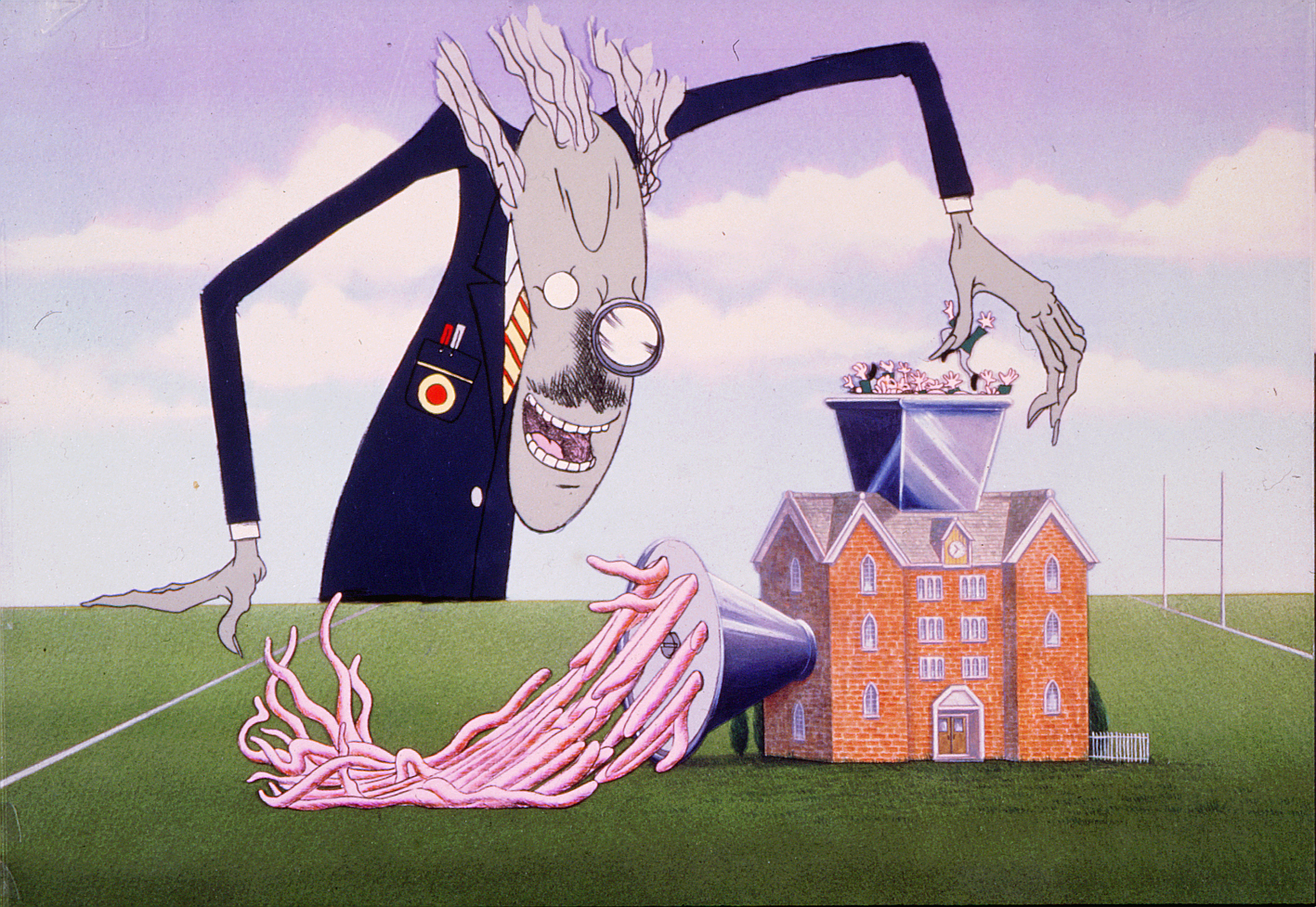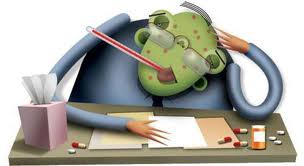In 2000, my lab was awarded slightly more than $1 million Canadian as part of a vitamin litigation settlement. I added some staff, merged with the existing food safety hotline and offered it nationally, and hired a few decent grad students.
 I knew the local students, but I wanted something different, people who could shake things up with their research.
I knew the local students, but I wanted something different, people who could shake things up with their research.
I’d been running the Food Safety Network since 1993 with subscribers joining daily. At some point it occurred to me, I have thousands of people already subscribed to FSnet, take advantage of that.
So I did.
I haven’t gotten a pay check in over four years, so why not use the same list, which is now barfblog.com, to reach out to all those microbial food safety types and see if anyone’s got anything for me to write or research.
So I’m asking.
It’s fairly ironic my full professor contract at Kansas State University was not renewed in 2013 – I got fired for bad attendance – yet millions of students in the U.S. were told to stay at home on their computers for much of the past year while teachers and profs scrambled to put together distance ed programs.
I’ve done distance teaching and talks since 2000 – anyone remember IAFP’s Ivan Parkin lecture that year?
And it’s charming that the rest of the world has discovered the way I’ve been working for the past 30 years – by distance.
My American/Australian/Canadian (added that last passport in because I could) daughter is now 12 and increasingly independent.
I need to get back out there in some capacity.
You know how to reach me.
Thanks
dp
(This was the official song for the barfblog videos we did; the live versions have crappy video, so you get this. Tom Thompson was a famous Canadian painter, and an unofficial member of the Group of Seven. He’s in the pic, above right.)




 workers – like t
workers – like t Accreditation Council for Graduate Medical Education. The response rate was high; the hospitals were not identified.
Accreditation Council for Graduate Medical Education. The response rate was high; the hospitals were not identified. It means if you’re sick, don’t work.
It means if you’re sick, don’t work.